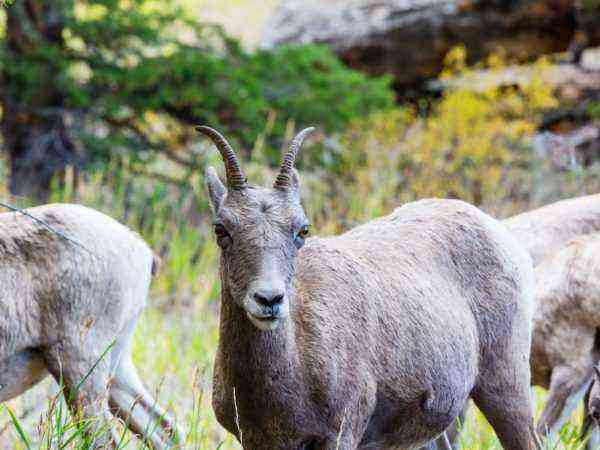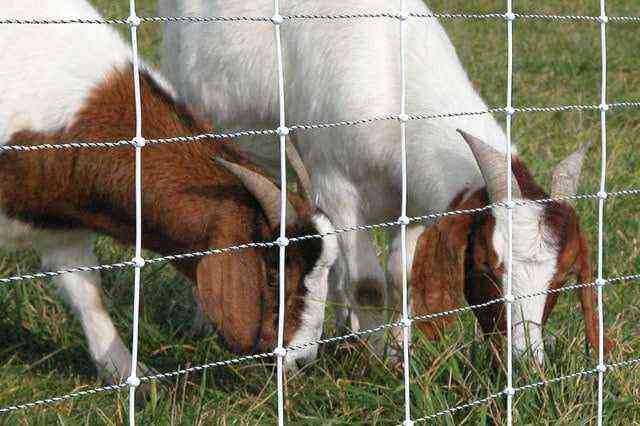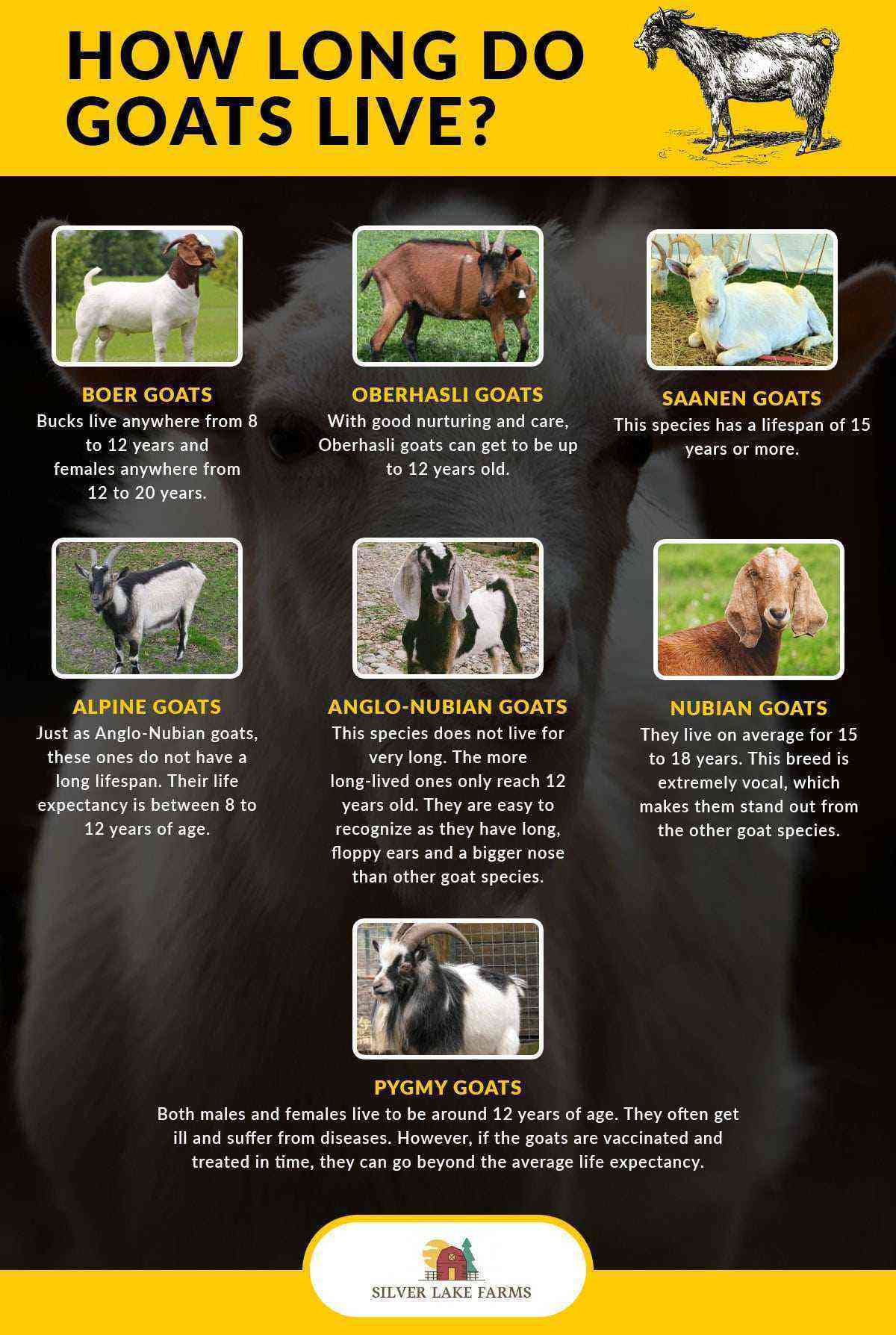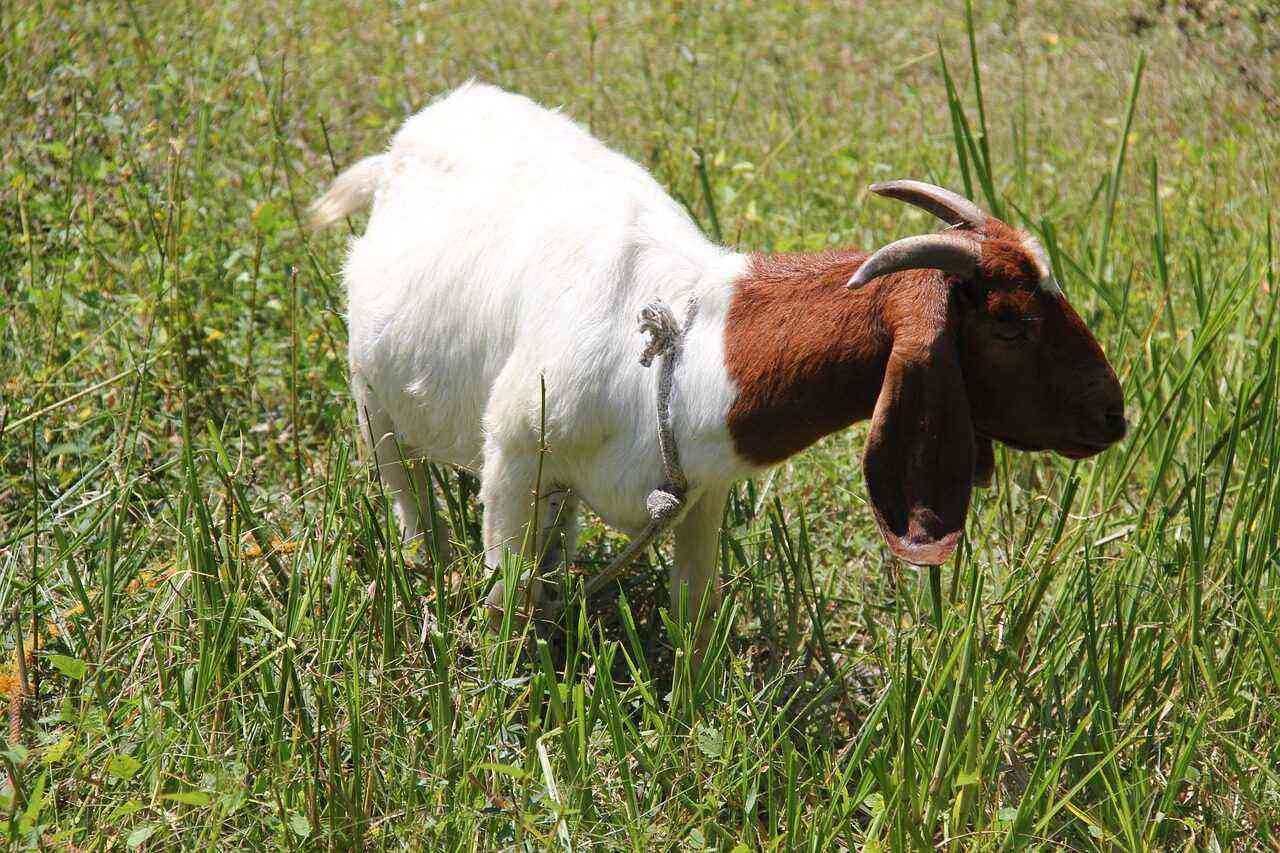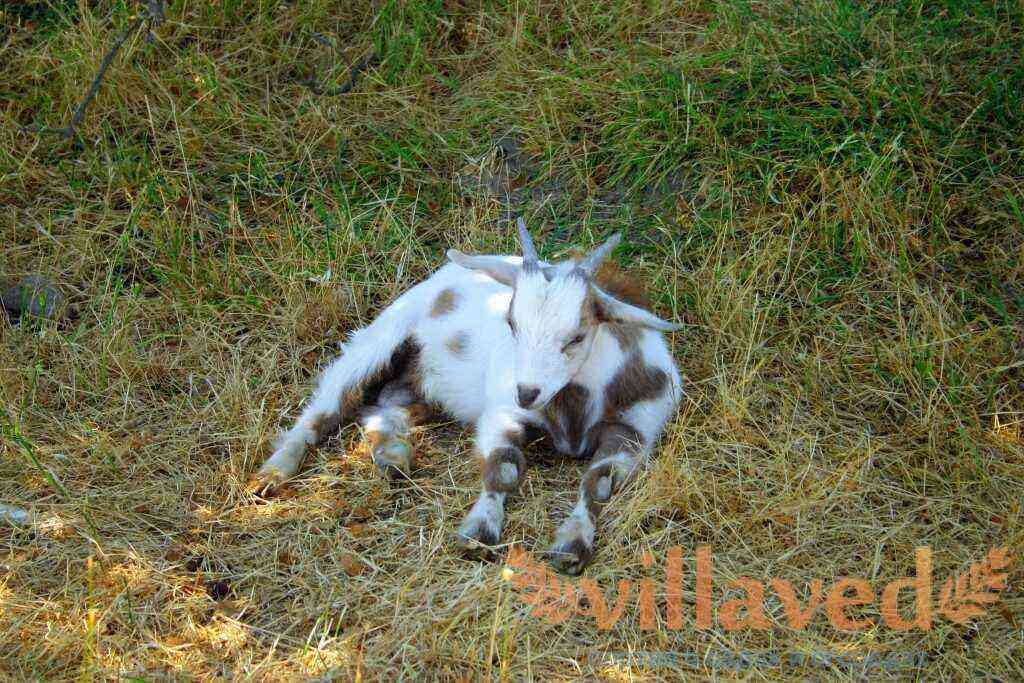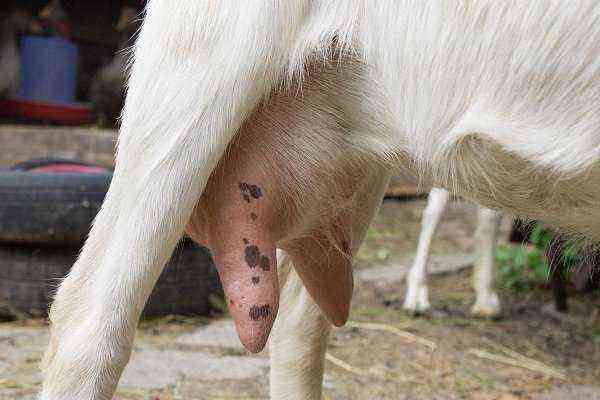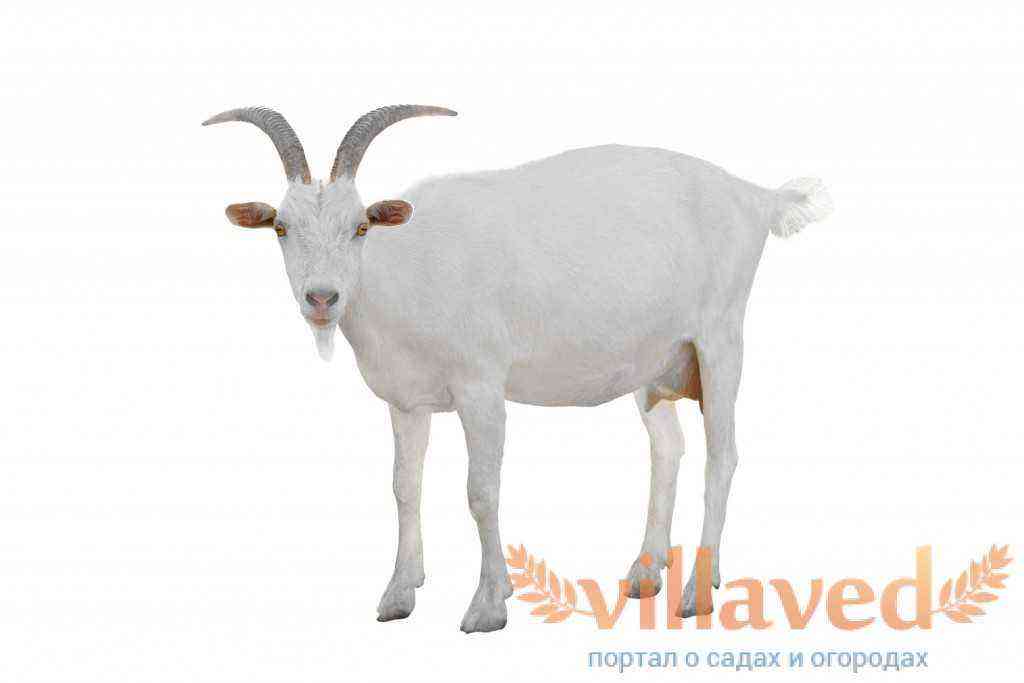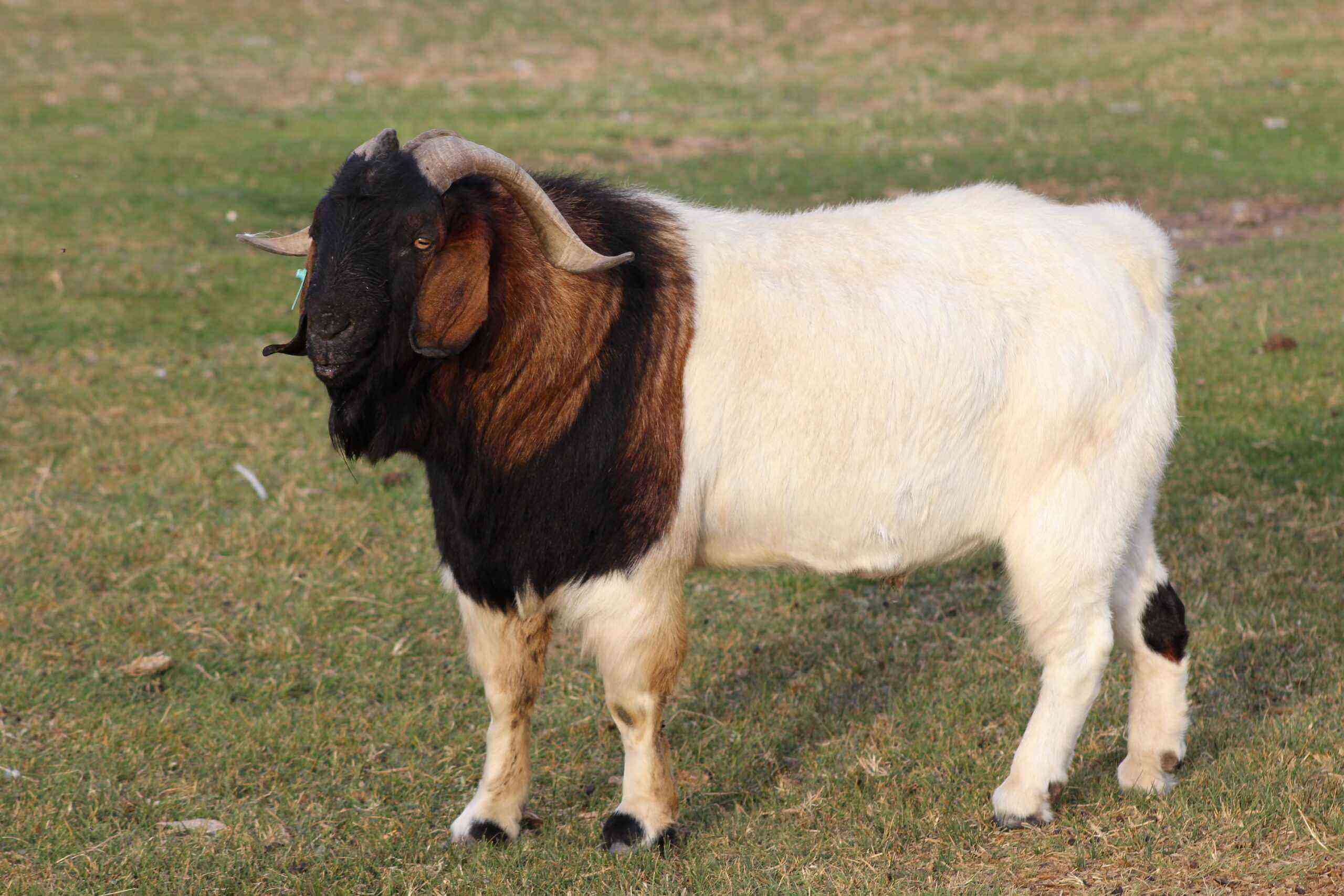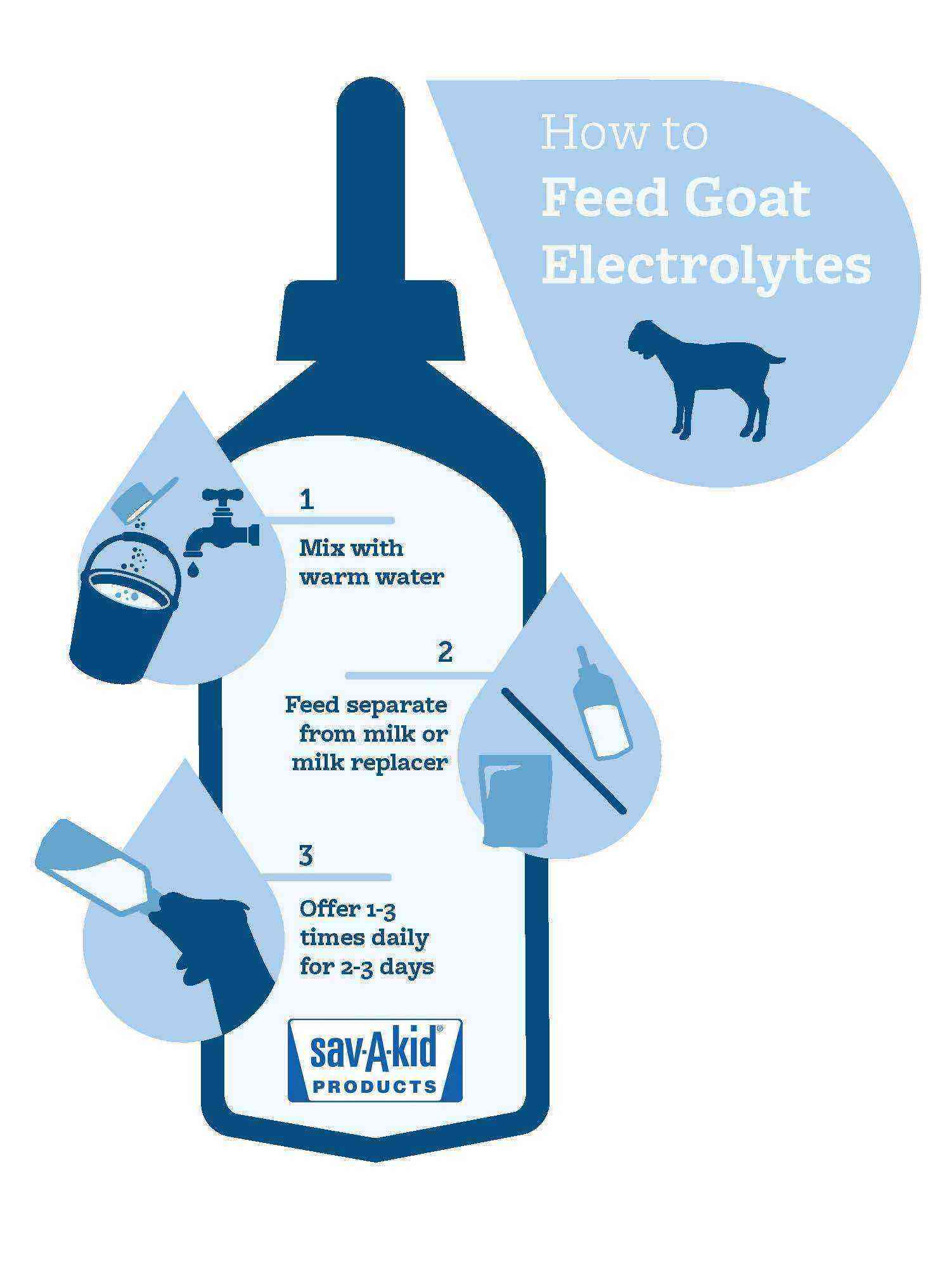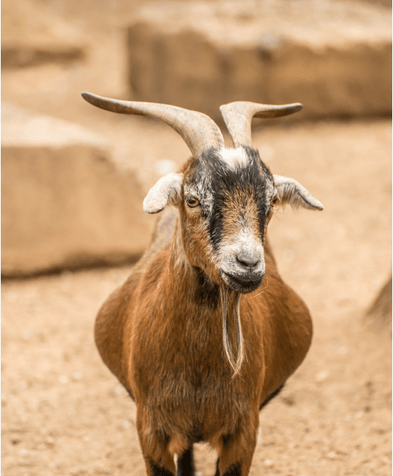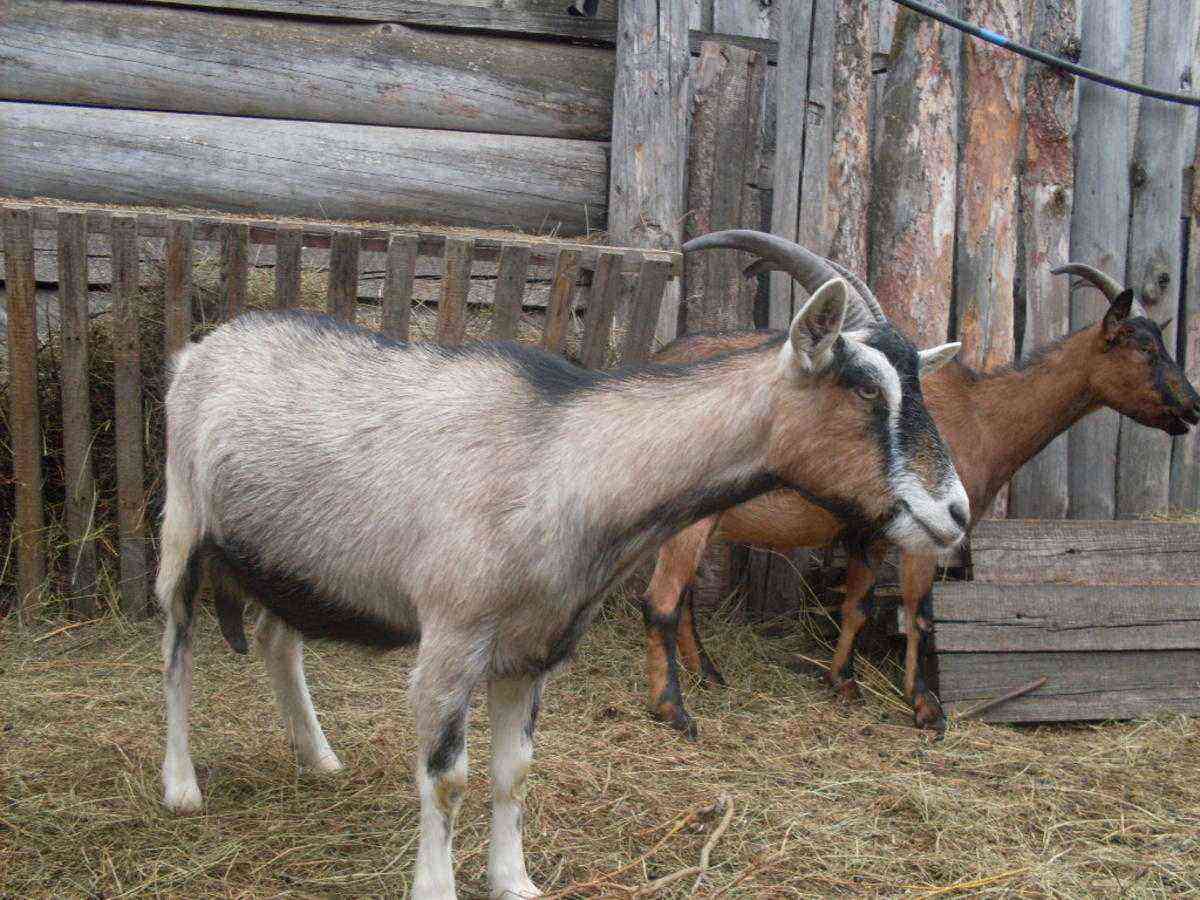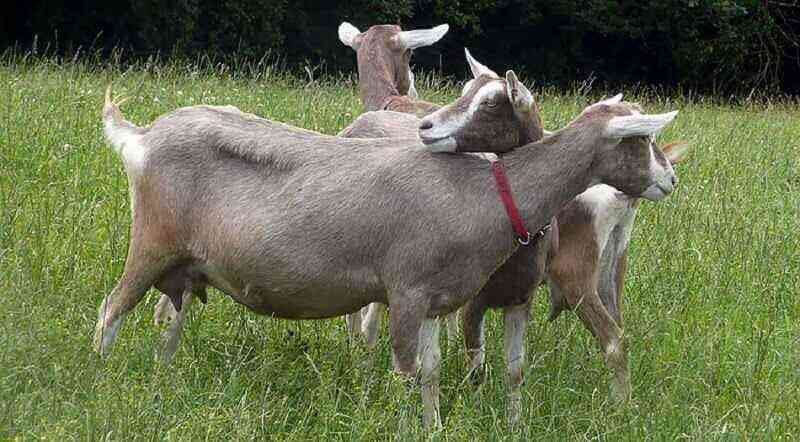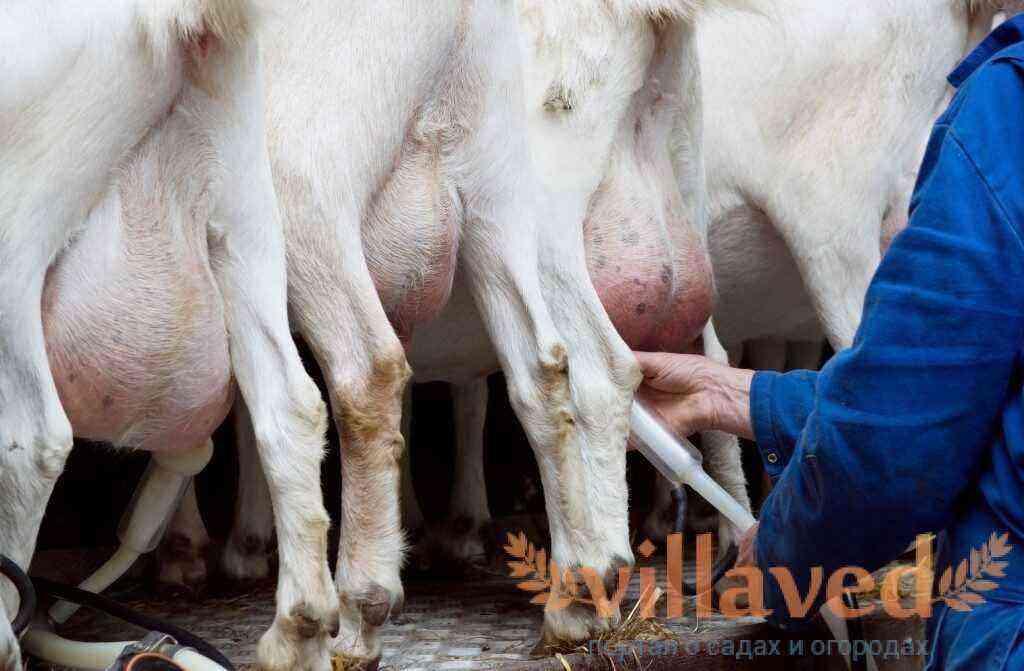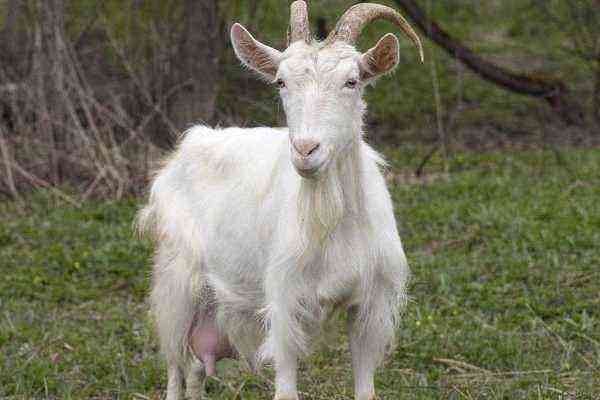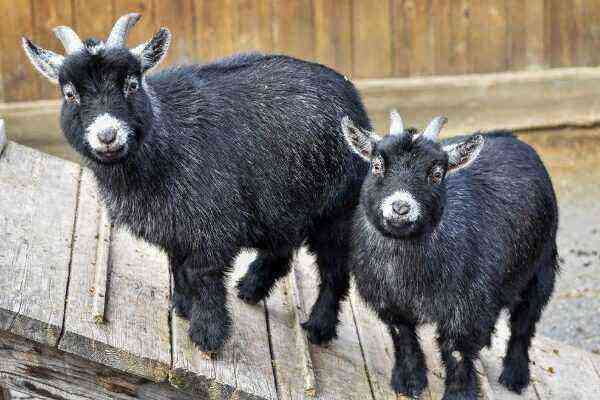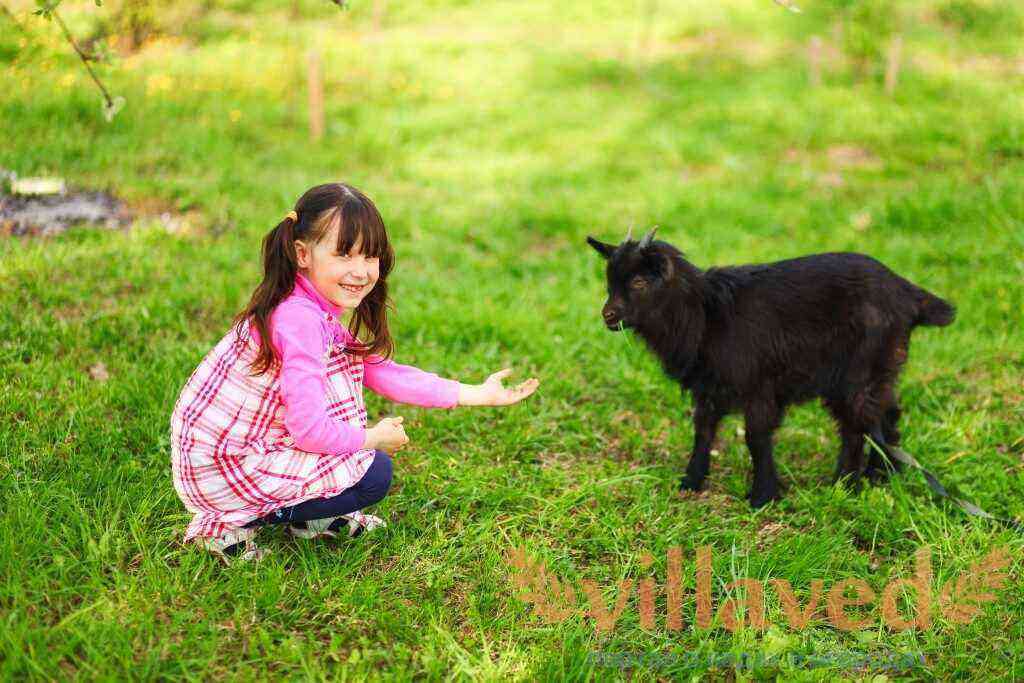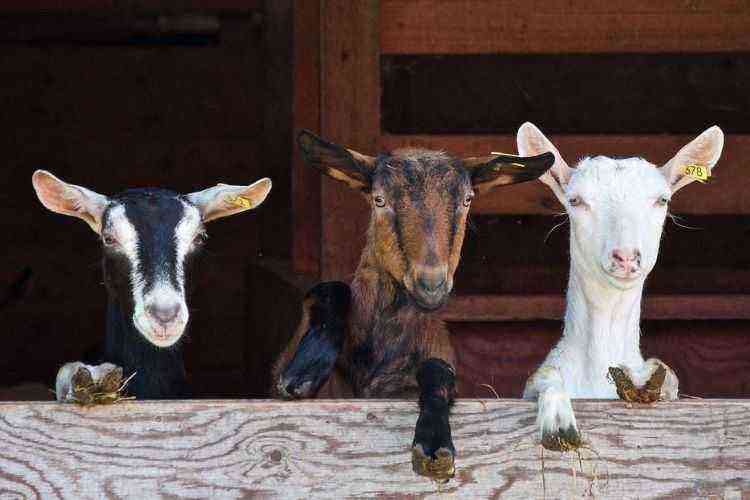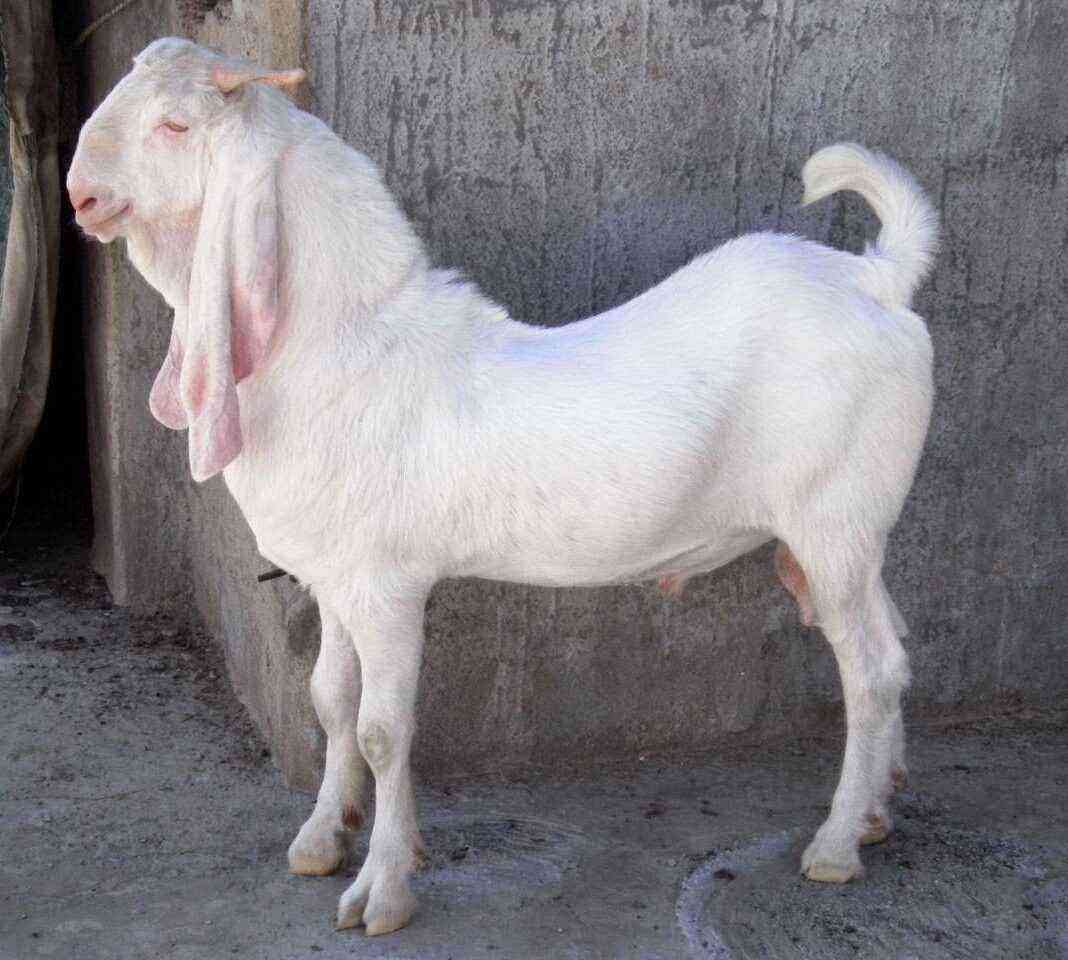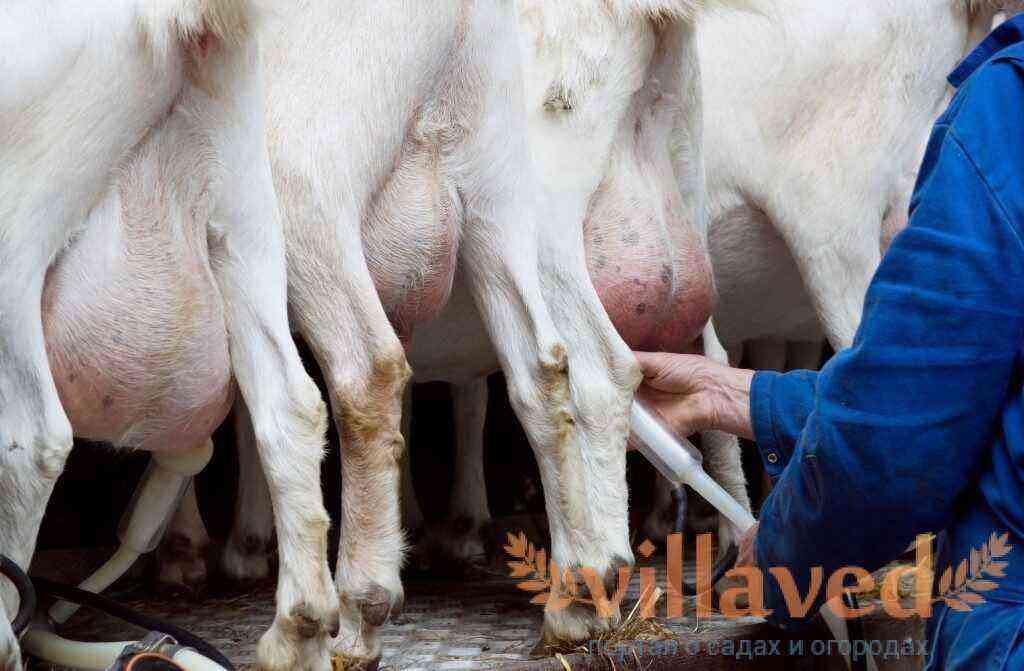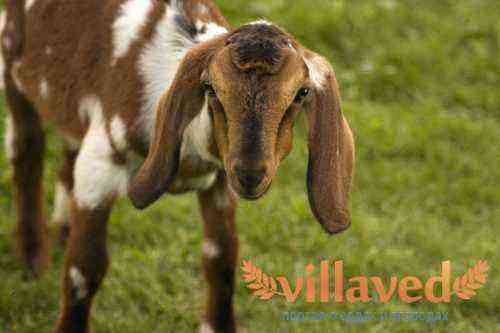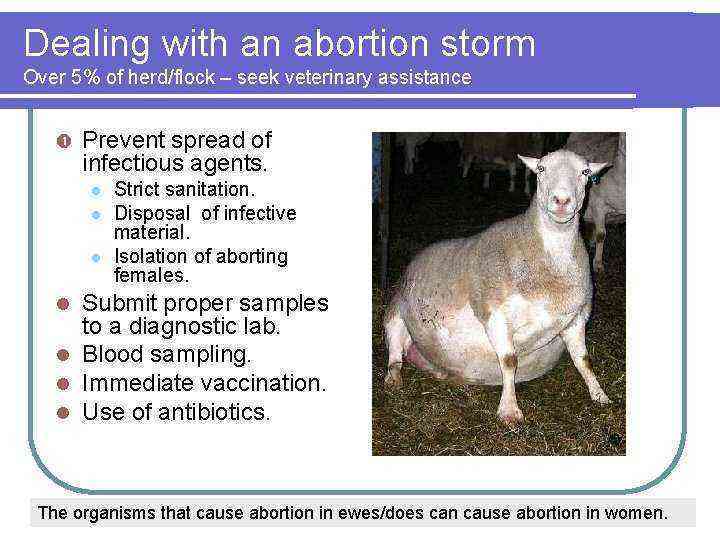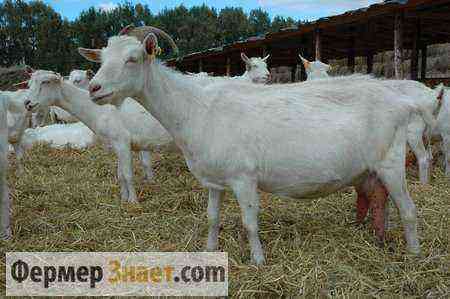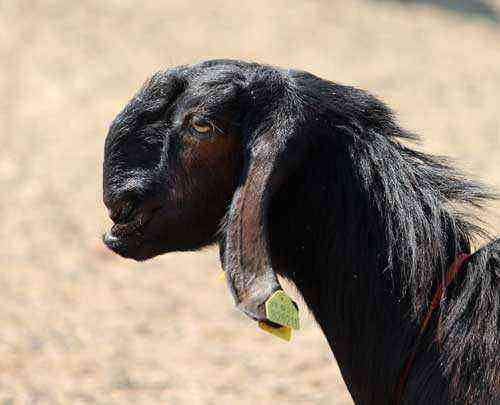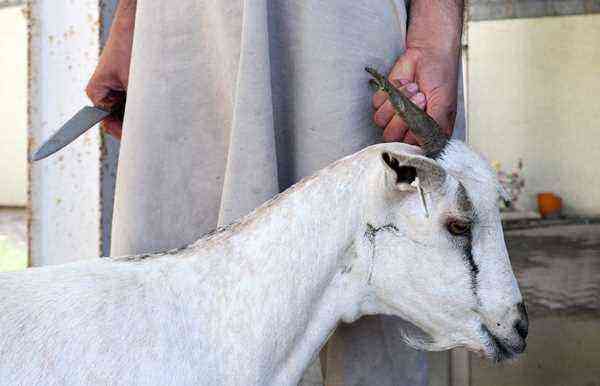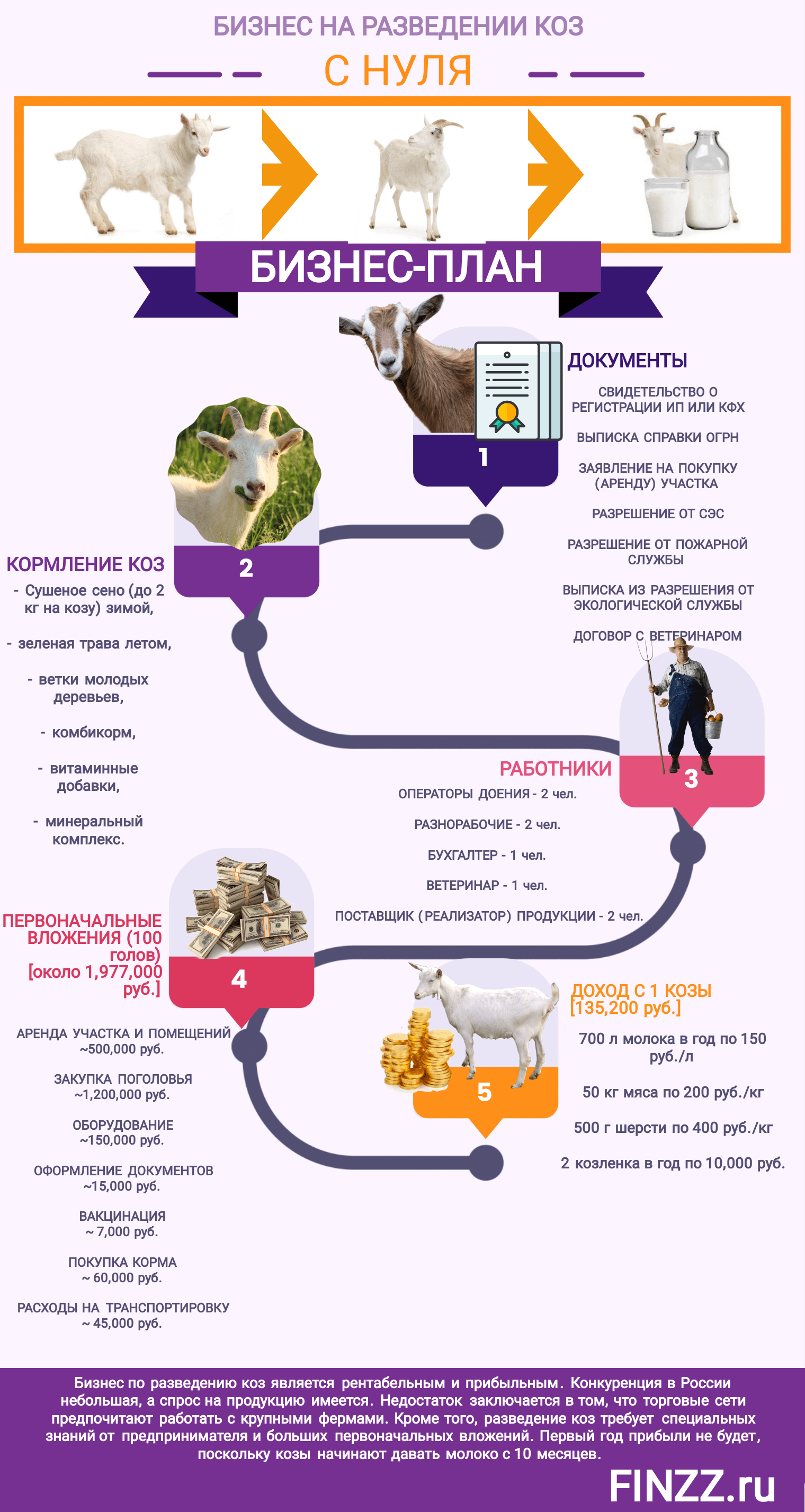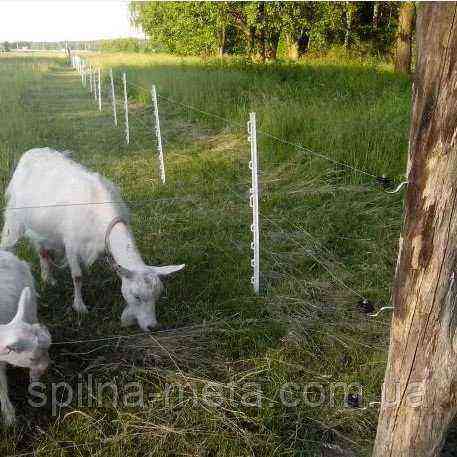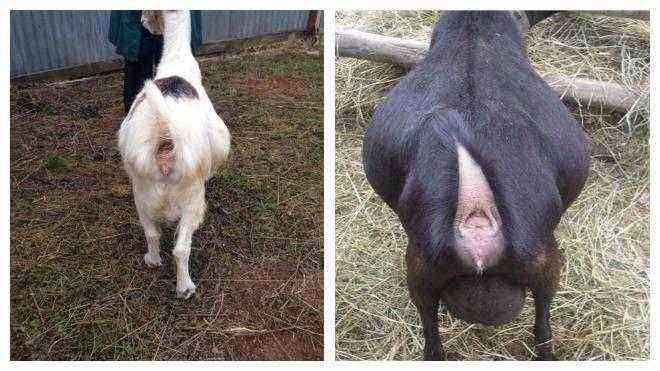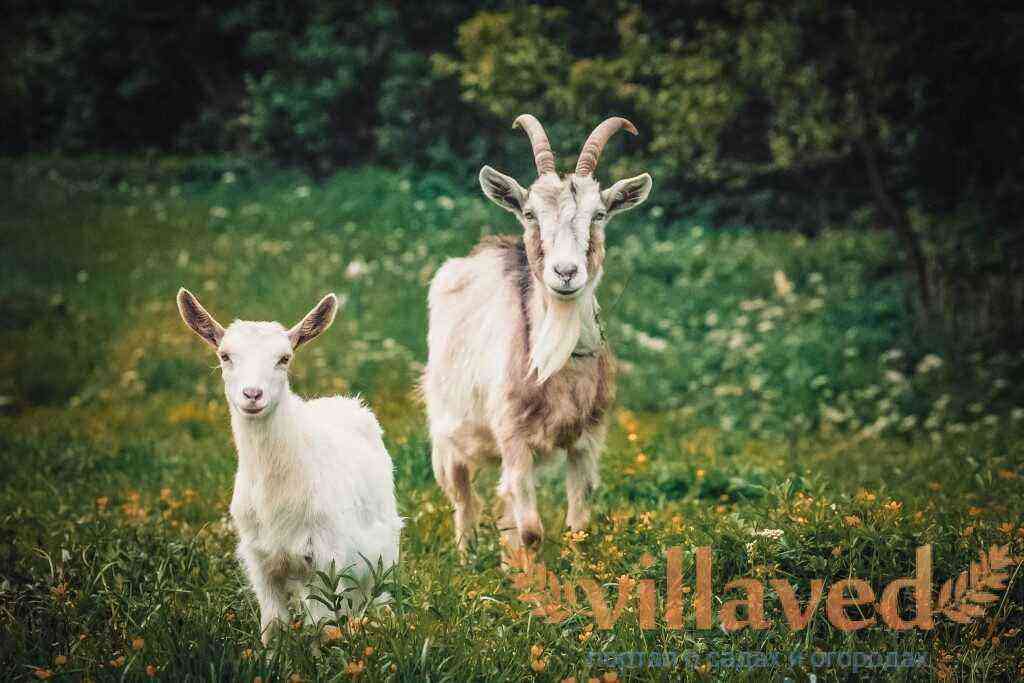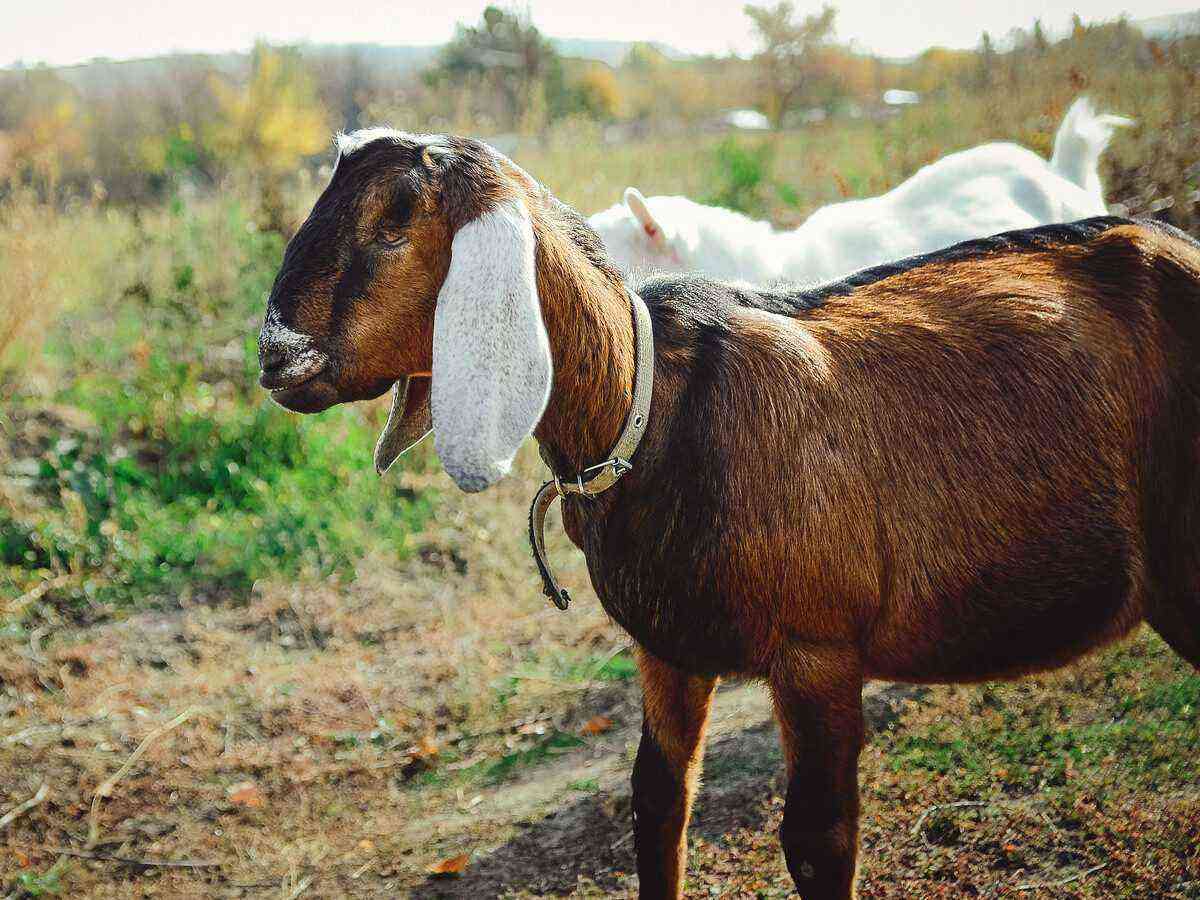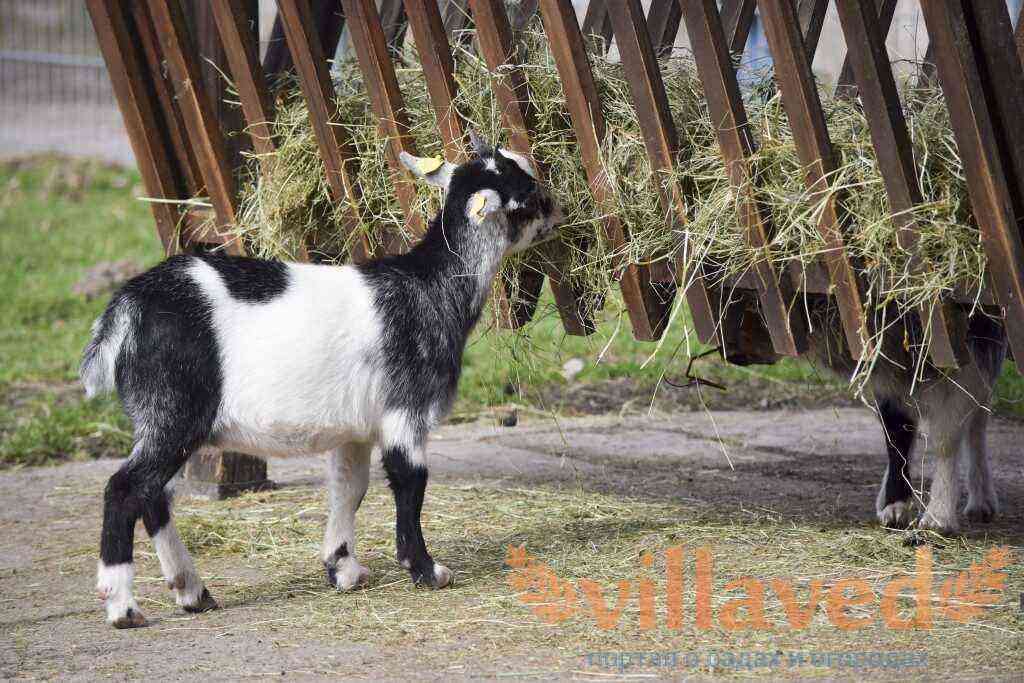By the appearance of a goat, you can determine whether everything is in order with her. There are times when a goat refuses to eat and is naughty. This behavior may indicate that the animal is sick. Animals also feel unwell if the conditions in the room are unfavorable. Each farmer must periodically inspect the animals. What to do if the goat does not eat and refuses to eat for a long time? In this case, it is necessary to establish the cause of loss of appetite as soon as possible.
What to do if the goat does not eat
The main reason for loss of appetite is the presence of an illness. In the room where the goats are kept, there must be order, the obligatory presence of thick bedding and fresh air. The presence of these factors prevents the development of bacteria and animals are less likely to get sick. When indoor air is stale and filled with ammonia gases, goats become lethargic and their appetite worsens. If it is cold in the barn, then the females will chill the udder.
The content of the article:
Reasons why a goat may refuse to eat:
- Pregnancy and lambing period. At this time, the animal spends all its energy on the future cub and often there is no energy left for food.
- A goat may not eat if she has postpartum constipation. This blockage occurs due to a malfunction of the hormonal and digestive systems.
- Lack of vitamins and nutrients
Fresh indoor air
Animals need to be cared for at any time of the year. In order for the animals to be active and not get sick, you should let them out for a walk. In the cold season, the duration of the walk is reduced so that the animals do not catch a cold. Every day it is necessary to ventilate the room for 5-10 minutes. If the goat is not allowed outside, then it will not receive vitamin D, which gives the sun. Without vitamin D, metabolism is disturbed and appetite decreases.
We build a barn light and spacious. It is not permissible to keep goats in damp and dark rooms. The well-being of the animals immediately deteriorates and this causes a refusal to eat. So that the goat’s immunity does not fail, it is recommended to carry out disinfection of the house and treatment from parasites in time.
Proper nutrition
When a goat has no chewing gum, she does not drink anything, does not chew, we pay attention to her diet. Perhaps the diet lacks calcium or phosphorus. If there is a lack of vitamins, then rickets begins in young animals. Adult animals with malnutrition can earn osteoporosis and osteomalacia. To prevent these diseases, which lead to loss of appetite, we give plenty of green fodder, and in winter, high-quality hay.
If the hay is old or in litter, then the goat will not eat such raw materials and will remain hungry. Many farmers make the mistake of thinking that if a goat has left hay or grain, then it is not hungry, but in fact, the animal may refuse inappropriate food until it becomes completely emaciated. We feed in such a way that the animal’s body receives all the necessary minerals and vitamins with food, then the state of health and health will be excellent. The goat will thank its owners with high milk yields and excellent appetite. We also include in the diet, branches from cherries or other trees. For an animal, this is a nutritional need, not a whim. When a goat eats twigs, beneficial bacteria grow in the digestive system to help digest and absorb the food.
Please note, if your goat is often sick, it is recommended to give her a course of vitamins to drink.
Restoring appetite
What if the goat has no appetite? To begin with, we call a veterinarian, only a qualified specialist will correctly diagnose and prescribe treatment. If the animal is depressed, there is no chewing gum and belching, then you need to look at the external signs. Perhaps she got hurt or swallowed something, because of this she does not drink, does not eat. If outwardly you didn’t notice anything special, it remains to wait for a prescription from a veterinarian who will take tests and see if the animal has internal inflammation or other infections. Often at a high body temperature, more than 38-40 degrees, the animal refuses to eat. An increase in temperature also occurs in heat and high humidity.
During treatment, we gradually restore strength and appetite. First, we give the goat, a favorite treat, to interest and encourage further eating. Drinking water should be at room temperature and always clean. Food should not be rotten or have foreign odors. How you treat an animal affects health, mood and milk yield.
